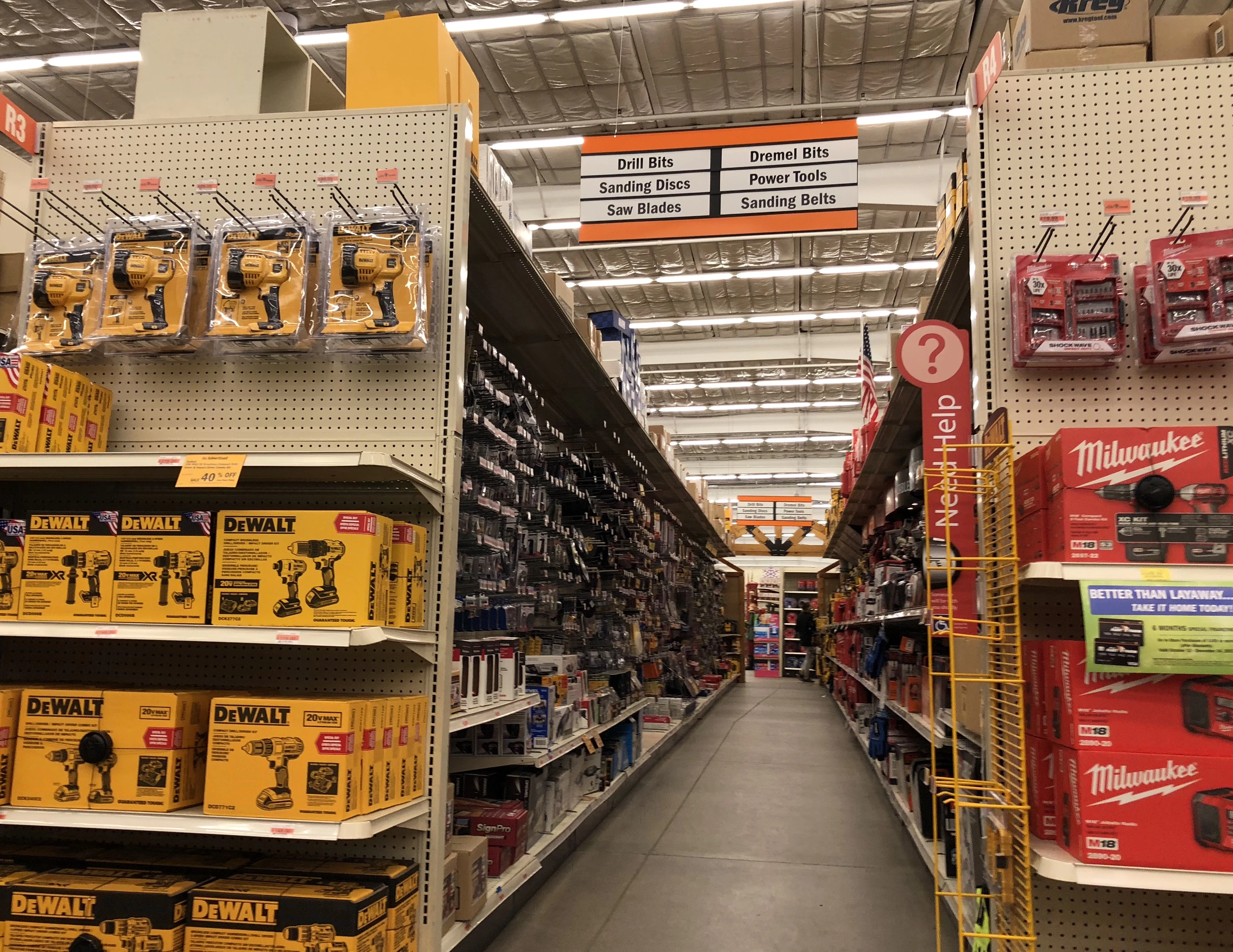
Partner Article
Study reveals surge in demand for online B2B purchases as COVID-19 slows direct sales
New research by Wunderman Thompson Commerce has revealed that almost half (46%) of all B2B purchases are now made via digital commerce channels, indicating a need for more robust online sales strategies in the wake of the pandemic.
The B2B Future Shopper report 2020 – which surveyed over 200 B2B professionals in the UK on the current B2B commerce landscape – found that many businesses have moved away from traditional sales representatives in favour of eCommerce. While almost half of respondents (44%) said their business bought directly from salespeople prior to the coronavirus outbreak, this number has now dropped to just one-in-six (16%).
B2B online purchases have increased by nearly a quarter (24%) since last year. With Covid-19 driving more consumers online, the number of online B2B purchases has risen from 41% before lockdown to 46% during lockdown. And changes in consumer behaviour have already forced some businesses to switch suppliers to facilitate their new ways of working, with nearly a fifth (18%) of buyers changing supplier for all purchases as a result of the pandemic.
But in spite of growing demand, more than two-fifths (43%) of businesses still find buying online more complicated than buying offline. The top reason why businesses switched supplier was because their existing supplier was out of stock (44%), highlighting ongoing issues facing the supply chain as a result of the outbreak.
What’s more, the ability to provide products online remained important for many B2B purchasers, with 43% claiming they had changed suppliers because they were not able to offer online ordering and 42% changing due to the supplier’s inability to offer delivery during lockdown.
Neil Stewart, CEO, Wunderman Thompson Commerce said: “We’ve seen Covid-19 dramatically shake up consumer retail, so it is unsurprising to see a similar pattern in the B2B landscape. However, with supply chains heavily impacted by the pandemic, businesses are struggling to match this demand and need to have the infrastructure in place to cope with surging online sales. Many buyers may not be comfortable, or even able, to purchase items in person and will therefore look to the plethora of other options available online. The number one priority for B2B retailers over the coming months will be to ensure they can provide the same services online as they do via physical channels.
Amazon’s popularity as a B2C platform means it is poised to tap into the growing demand for eCommerce in B2B. Nearly a fifth (18%) of all B2B buyers start their journey on Amazon Business, with 11% starting on its B2C site. Almost three-in-five (59%) don’t currently purchase through Amazon Business, but say they intend to in the next 12 months. Whether it’s Amazon or another online marketplace, almost three-quarters (74%) express a want for something akin to Amazon Business, claiming it’s more convenient than purchasing through individual supplier portals; this figure rises to 87% for medium sized business, 84% for the biggest companies and slightly over two-thirds (68%) of SMEs agree.
29% of respondents said the vendor’s own supplier portal/online catalogue provided them the best product availability during lockdown, but Amazon’s role is not insignificant with 16% saying so. This suggests that while the B2B community is using Amazon and want access to a vast online marketplace, they remain nearly twice as likely to go direct.
Lessons can be learned from the current B2C experience, with the majority (72%) of B2B buyers admitting they expect a similar experience on a B2B site as they get on a consumer website. This could be accelerated by opening B2B sites up to general consumers, with 70% of respondents agreeing that B2C consumers should be able to buy on a B2B website at a standard price.
Stewart continued: “The pressures that businesses are under has opened a potential gap for growth for Amazon Business. We’ve already seen with its B2C platform that it has the infrastructure to match current demand. While most buyers still prefer to go directly through a supplier, Amazon’s vast infrastructure is an appealing alternative at a time when supply chains are heavily disrupted. And with businesses increasingly looking at the B2C experience as the benchmark for B2B shopping, it would be unsurprising to see a move towards online marketplaces such as Amazon become the norm.”
This was posted in Bdaily's Members' News section by Wunderman Thompson Commerce .
Enjoy the read? Get Bdaily delivered.
Sign up to receive our popular morning London email for free.








 Raising the bar to boost North East growth
Raising the bar to boost North East growth
 Navigating the messy middle of business growth
Navigating the messy middle of business growth
 We must make it easier to hire young people
We must make it easier to hire young people
 Why community-based care is key to NHS' future
Why community-based care is key to NHS' future
 Culture, confidence and creativity in the North East
Culture, confidence and creativity in the North East
 Putting in the groundwork to boost skills
Putting in the groundwork to boost skills
 £100,000 milestone drives forward STEM work
£100,000 milestone drives forward STEM work
 Restoring confidence for the economic road ahead
Restoring confidence for the economic road ahead
 Ready to scale? Buy-and-build offers opportunity
Ready to scale? Buy-and-build offers opportunity
 When will our regional economy grow?
When will our regional economy grow?
 Creating a thriving North East construction sector
Creating a thriving North East construction sector
 Why investors are still backing the North East
Why investors are still backing the North East